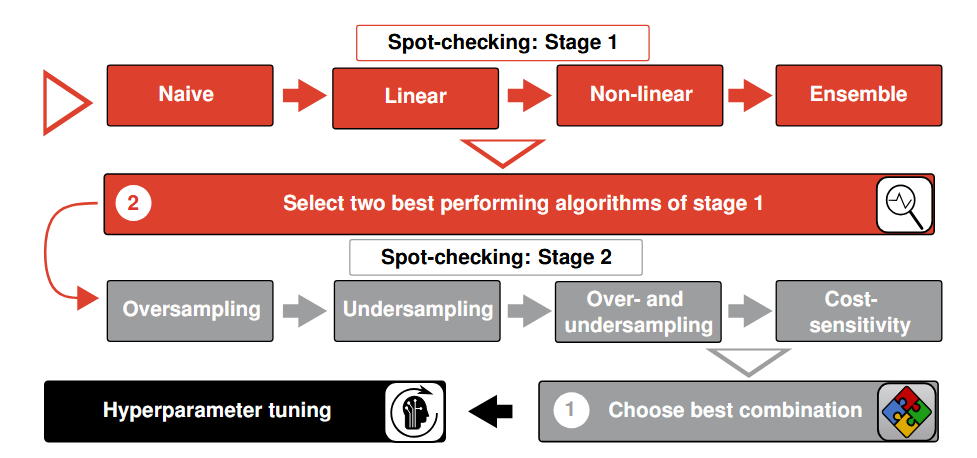Automatic Model Selection and the Use of Representative Days in Approximate Model Predictive Control Applications for Heat Pump Systems
Keywords: Approximated Optimal Control, Classification, Clustering, Heat Pump System, Imbalanced Data Set

Model predictive control (MPC) is an effective method to optimize building operation. However, the transfer into practice is difficult due to missing know-how, high modeling effort, and high hard- and software requirements. In this context, approximation of MPC is a promising alternative. By training, e.g., a machine learning algorithm to predict the optimal control variables, we derive simplified algorithms, which are deployable on local programmable logic controllers. The control performance significantly depends on the algorithm used and the training data. Nonetheless, research has yet not demonstrated transferable training methods and automatic algorithm selection. We bridge this gap by using representative days to automatically train and select machine learning algorithms to mimic an MPC. The research subject is a heat pump system of a building. The MPC generates the optimal choice of operation modes, resulting in an imbalanced multi-class classification problem. A transferable approach called spot-checking is introduced for automatic algorithm selection. To evaluate the potential of using representative days as training data, we vary the number of clusters and compare the machine learning accuracy to predict full-year data. We also assess multiple classification performance measures like the balanced accuracy considering the data’s imbalance. We successfully apply the framework of tree- based algorithms of which Gradient Boosting outperforms the other methods reaching an accuracy of 80 %. Results further prove that ten representative days suffice as a training base to imitate the full-year MPC results. Furthermore, we detect that imbalanced accuracy measures like the class-balanced and balanced accuracy can positively affect the classification results.